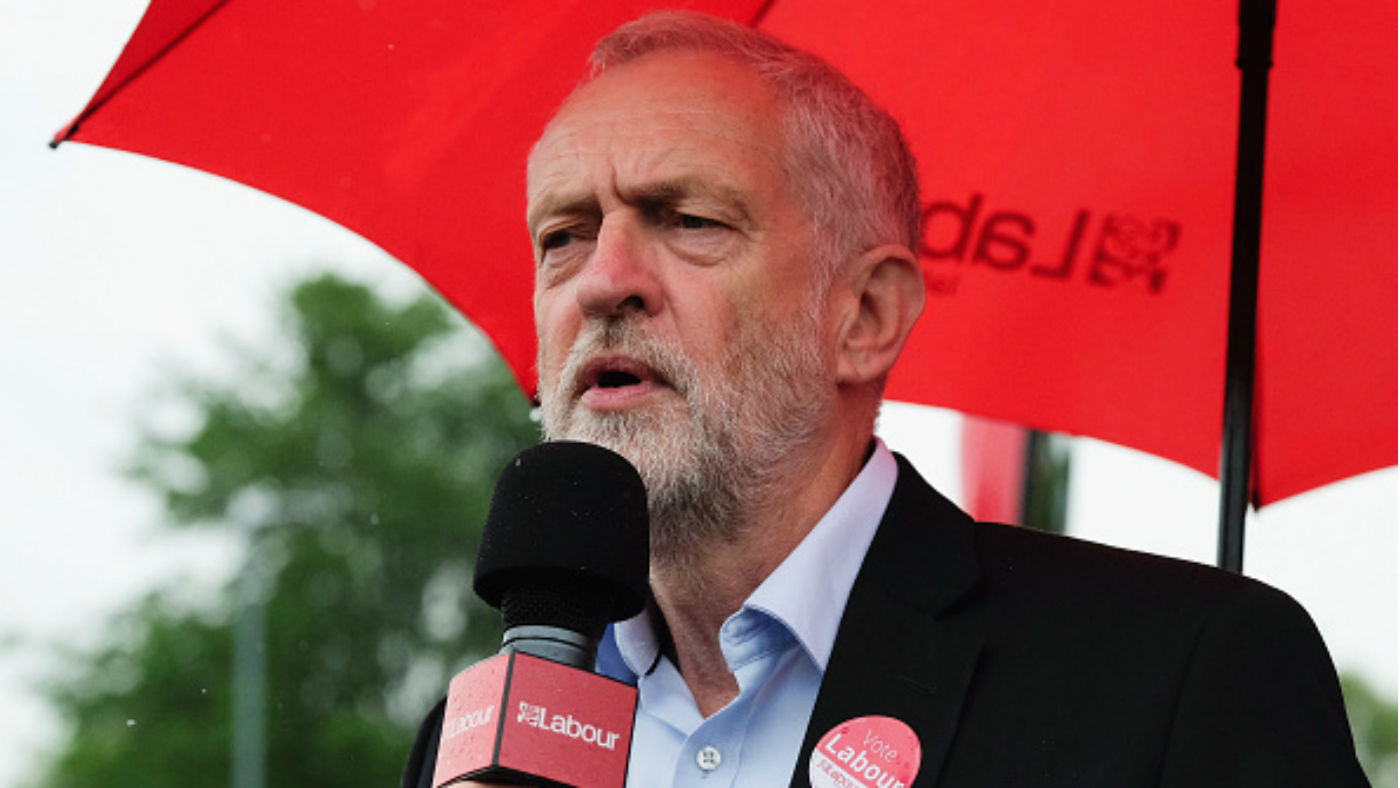UK politics polls: could Labour win a general election tomorrow?
The Tories are narrowly in the lead but shouldn’t assume voters have reached ‘peak Corbyn’

A free daily email with the biggest news stories of the day – and the best features from TheWeek.com
You are now subscribed
Your newsletter sign-up was successful
The results of Thursday’s local elections failed to produce a clear winner, with Labour and the Conservatives neck and neck in the BBC’s projected national vote share.
Labour has lost some ground since last year but the party’s leader Jeremy Corbyn still hailed a “solid set of results”. He said his party was “well placed to fight and win the next general election”.
So what would happen if the UK voted on parliamentary seats tomorrow?
The Week
Escape your echo chamber. Get the facts behind the news, plus analysis from multiple perspectives.

Sign up for The Week's Free Newsletters
From our morning news briefing to a weekly Good News Newsletter, get the best of The Week delivered directly to your inbox.
From our morning news briefing to a weekly Good News Newsletter, get the best of The Week delivered directly to your inbox.
The latest polls give the Tories a very narrow lead. When YouGov asked 1,585 adults which party they would vote for in an election tomorrow, 29% said Conservative, 28% said Labour and 6% said the Liberal Democrats.
The survey, commissioned by The Times, found that 37% of voters thought Theresa May would make a better prime minister than Corbyn, while 27% thought the opposite. The remainder were unsure.
If the local election results were replicated in a general election, there would be a hung parliament, says Sky News.
According to a projection by the broadcaster’s elections analyst Michael Thrasher, the Conservatives would have 296 seats, Labour 270, the SNP 35, the Lib Dems 26 and other parties 23.
A free daily email with the biggest news stories of the day – and the best features from TheWeek.com
“Labour did not achieve the gains on 3 May typically required to be confident of forming a government at the next general election, let alone winning a majority,” says the New Statesman. But the magazine says the Tories would be complacent to think the UK had reached “peak Corbyn”.
The New Statesman points out that Labour has achieved its best result in London since 1971. It says the party realises it now needs to focus on provincial towns.
The Ukip vote seems to have “unwound to the Tories but not us”, says LabourList, with a “rather disappointing performance in Leave-voting middle-sized towns and post-industrial areas in the Midlands and North”.
The site notes that the Lib Dems are also making a “limited recovery” of the territory they held in big cities before the coalition.
“Unfortunately we can’t win a general election without winning in areas like Amber Valley, Nuneaton, Redditch and Worcester,” it concludes.